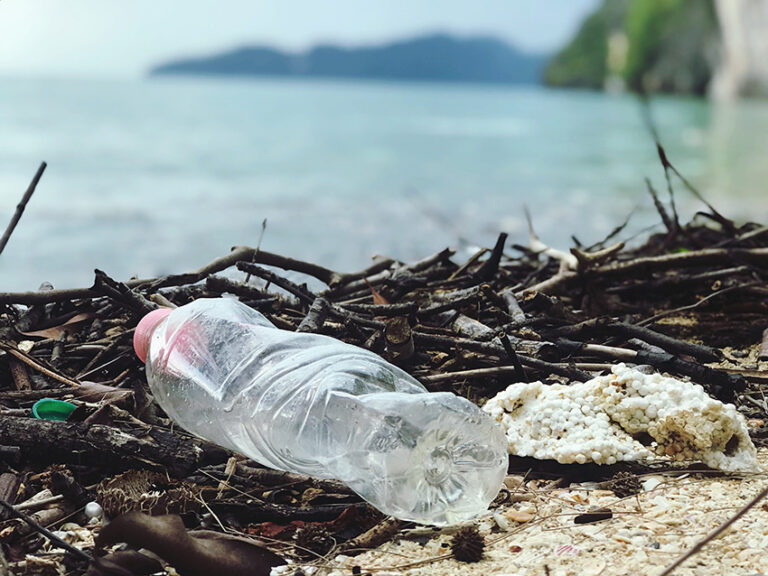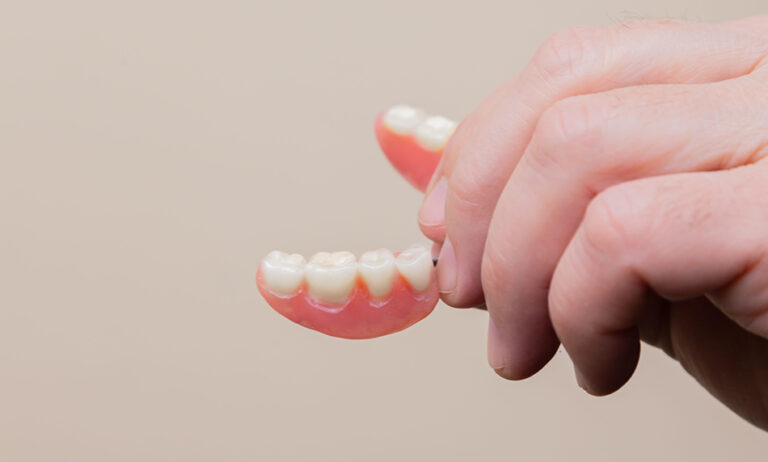It’s National Snack Month, and that means people everywhere are enjoying all of their favorite sweets and treats. However, all those sweets might have a negative impact on your smile if you don’t take steps to prevent them. Here, you can learn more about how candy affects your teeth and what you can do to prevent tooth decay (and other kinds of oral health concerns) without sacrificing your favorite sweet treats.
The Science Behind Sugar’s Effect on Your Teeth
As a child, you were probably told that eating too much candy would rot your teeth. At the time, you may have brushed this advice off and enjoyed another handful of M&Ms, but the truth is there’s more fact than fiction in that statement. Cavities occur when the acid in the mouth eats away at your teeth, which causes dental caries – the formal name for cavities.
The plaque on your teeth plays host to billions of bacteria, and when that bacteria interacts with the plaque, it creates an exceptionally acidic environment in your mouth. Sugar is particularly problematic because the very same bacteria that can ultimately lead to cavities use it for a source of energy. Essentially, candy feeds that bacteria and allows them to multiply.
How to Have Your Cake and Eat It, Too
While cutting back on the amount of sugar you consume on average is a fantastic way to reduce the likelihood of cavities and other forms of oral health problems, this doesn’t mean that you have to avoid a Snickers bar or a slice of red velvet cake like the plague. In fact, you really can have your cake and eat it, too, as long as you’re practicing good dental hygiene.
While you might be tempted to immediately brush your teeth after a few chocolate chip cookies, there’s evidence to suggest that this can actually do more harm than good. This is not to say that you shouldn’t brush, of course; it simply means that you shouldn’t brush immediately after eating a sugary snack. Instead, try swishing with plain water after you eat, then brush your teeth with an excellent sustainable and eco-friendly toothpaste 30 minutes later.
Adjusting Your Diet
If you want to reduce the odds of developing cavities due to the consumption of sugar, there are a few dietary guidelines you can follow, too. First, consider reducing your daily sugar intake to 5% or less of your overall caloric intake. This means that if you consume 2500 calories a day, no more than 125 of those calories should come from sugar. For many people, this is an incredibly difficult thing to do, especially when you consider that a single can of soda contains nearly twice this amount. Remember that this is only a guideline to follow on average. There’s nothing wrong with a little indulgence from time to time as long as it isn’t a daily occurrence.
There’s a good chance that you’ll be enjoying some of your favorite sweet snacks during National Snack Month, and while there is plenty of evidence to show that these foods can wreak havoc on your oral health, there’s an equal amount of evidence to show that if you follow proper oral hygiene recommendations, you can enjoy your favorite treats without fear of cavities – and without guilt, too!





